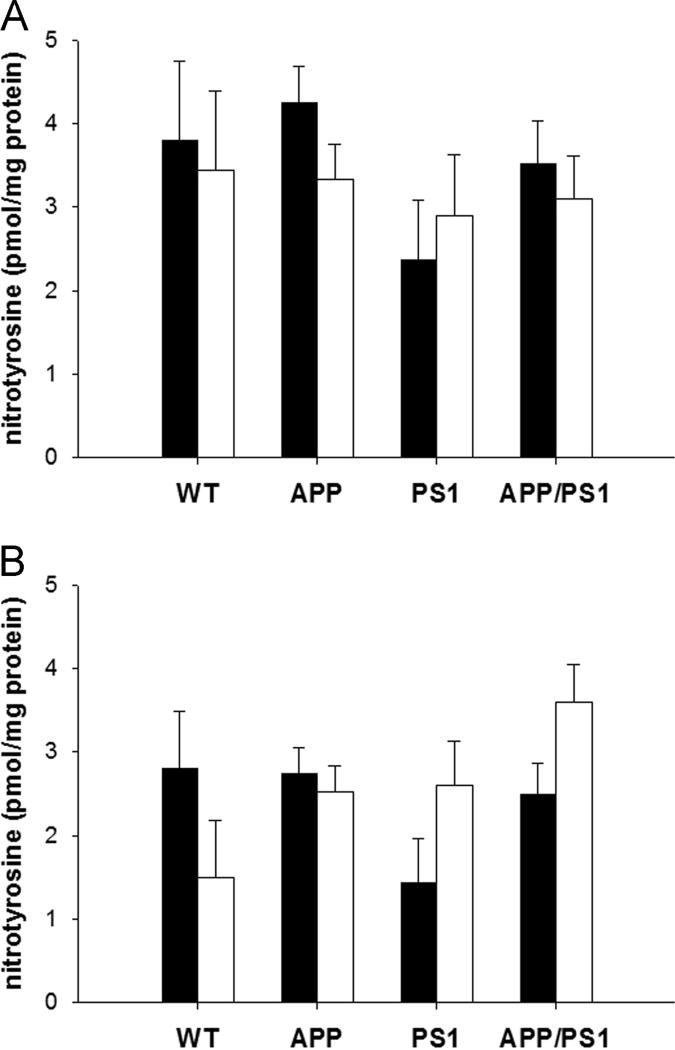Figure 3. The Ketogenic Diet Did Not Reduce Oxidative Stress.
Nitrotyrosine levels, a measure of oxidative stress, were assayed in brain (A) and skeletal muscle (B) of mice fed the control (filled bars) or ketogenic (open bars) diet for 1 month. Mice containing the APPΔNL mutation had significantly more nitrotyrosine in the skeletal muscle (p=0.04) than their wild-type counterparts, while nitrotyrosine levels in the brain were unaffected by genotype (p≥0.14). There was no overall effect of diet on nitrotyrosine levels in either tissue type (p≥0.56), though there was a significant increase in the muscle of mice containing the PS1P264L mutation (p=0.01), indicating a possible interaction between diet and the PS1 genotype.

